Retinol Creams Role in Skin Elasticity
Introduction
In the ever-evolving world of skincare, Retinol Creams have emerged as a cornerstone in maintaining youthful skin. Known for their remarkable ability to enhance skin elasticity, these creams have garnered significant attention from dermatologists and skincare enthusiasts alike. This comprehensive guide delves into the science behind retinol, its benefits for skin elasticity, proper usage, and answers frequently asked questions to help you understand why retinol creams might be the missing piece in your skincare routine.
What is Retinol?
Retinol, a derivative of Vitamin A, is a powerhouse ingredient in skincare. It is revered for its potent ability to accelerate skin renewal, enhance collagen production, and reduce the appearance of fine lines and wrinkles. By promoting skin cell turnover, retinol effectively rejuvenates the skin, making it look firmer and more elastic.
How Retinol Enhances Skin Elasticity

The elasticity of the skin is primarily attributed to proteins such as collagen and elastin. As we age, the production of these proteins diminishes, leading to sagging and wrinkling of the skin. Retinol intervenes by:
- Stimulating Collagen Production: It helps in replenishing the diminished collagen, which is crucial for maintaining the skin's firmness and elasticity.
- Promoting Skin Cell Turnover: By accelerating the rate at which skin cells are renewed, retinol aids in the shedding of old, dull skin and encourages the growth of healthier, more elastic skin.
- Combating Environmental Damage: Retinol is effective in repairing and protecting the skin from damage caused by UV rays and pollution, which can significantly degrade skin elasticity.
Using Retinol Creams Effectively

To harness the full benefits of retinol creams, proper application is key:
- Start with Lower Concentrations: If you’re new to retinol, begin with a lower concentration to allow your skin to adjust.
- Consistency is Key: Regular use is essential for significant results. However, overuse can lead to irritation.
- Nighttime Application: Apply retinol cream in the evening as retinol can make your skin more sensitive to sunlight.
- Use Sun Protection: Always use a broad-spectrum sunscreen during the day to protect your skin.
Choosing the Right Retinol Cream
When selecting a retinol cream, consider:
- Concentration: Start with a lower concentration if you are a beginner.
- Formulation: Look for creams with moisturizing ingredients like hyaluronic acid to counteract any dryness caused by retinol.
- Packaging: Opt for opaque, airtight packaging to preserve the efficacy of retinol.
Safety and Side Effects
While retinol is generally safe, it can cause skin irritation, redness, and peeling, especially during the initial phase of use. It’s recommended to perform a patch test and consult with a dermatologist if you have sensitive skin.
FAQs
Can Retinol Creams Be Used Daily?
Initially, start using retinol creams 2-3 times a week and gradually increase to daily use as your skin acclimates.
Are Retinol Creams Suitable for All Skin Types?
Retinol creams are beneficial for most skin types, but those with extremely sensitive skin should consult a dermatologist.
When Can I Expect to See Results?
Visible results typically appear after 4-6 weeks of consistent use, with more significant improvements over time.
Can I Use Retinol Creams with Other Skincare Products?
Retinol can be combined with other skincare products, but avoid using it with products containing vitamin C, benzoyl peroxide, or AHA/BHA acids to prevent irritation.
Conclusion
Retinol creams are a remarkable addition to skincare routines, particularly for those seeking to improve skin elasticity and combat signs of aging. By understanding its benefits, proper usage, and precautions, you can effectively integrate retinol into your skincare regime for healthier, more resilient skin. Remember, patience and consistency are key to achieving the best results with retinol creams.


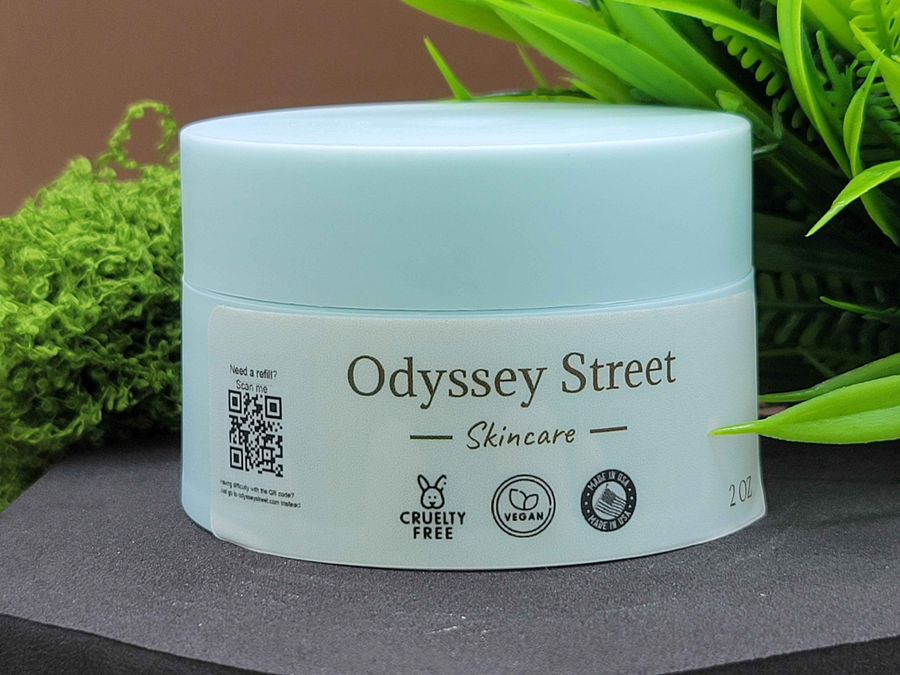
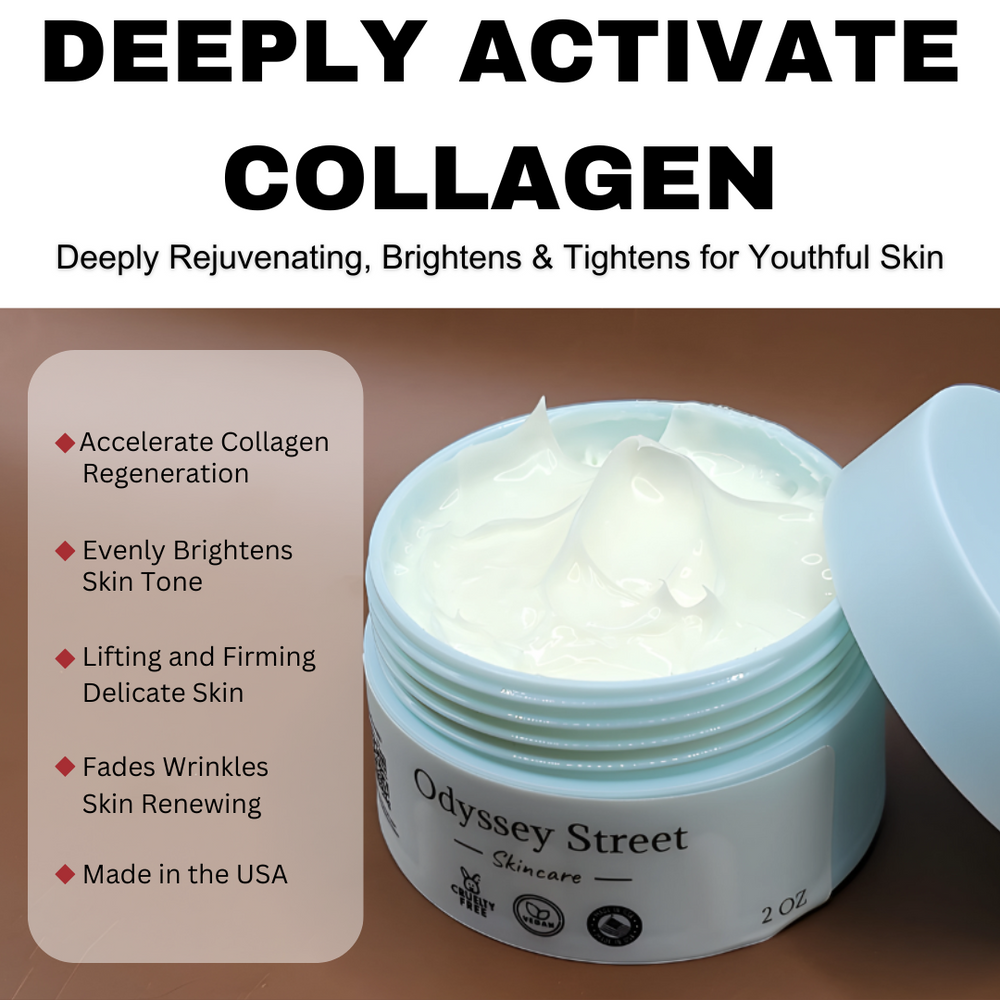




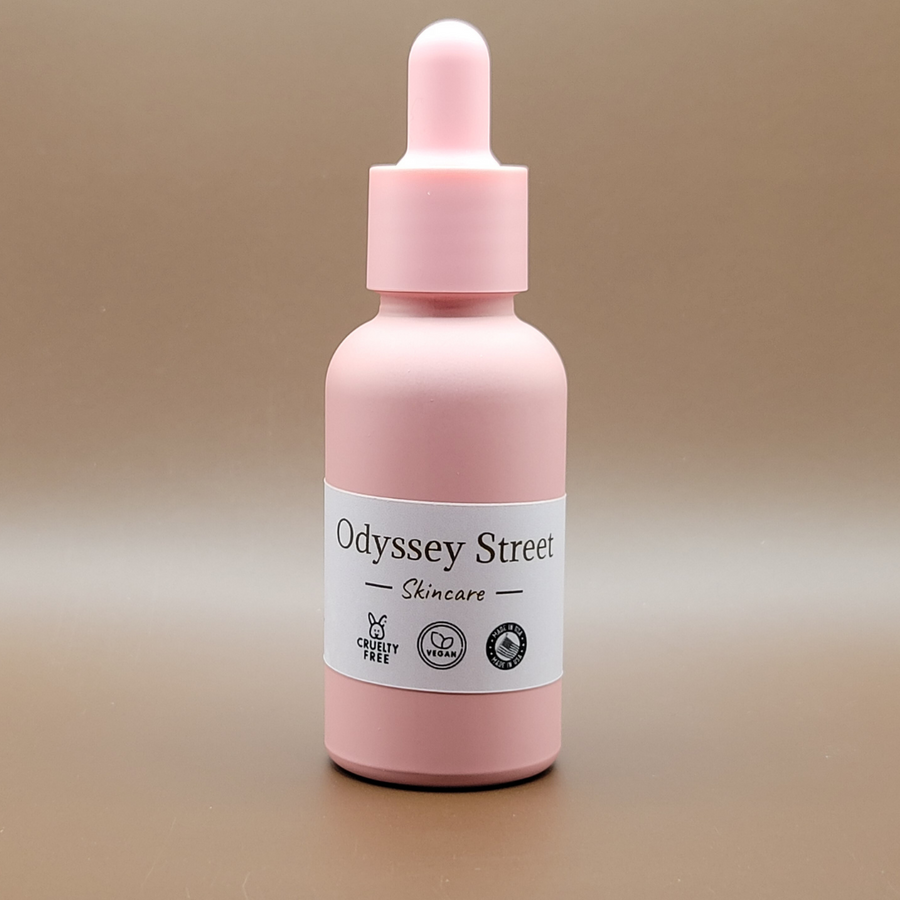
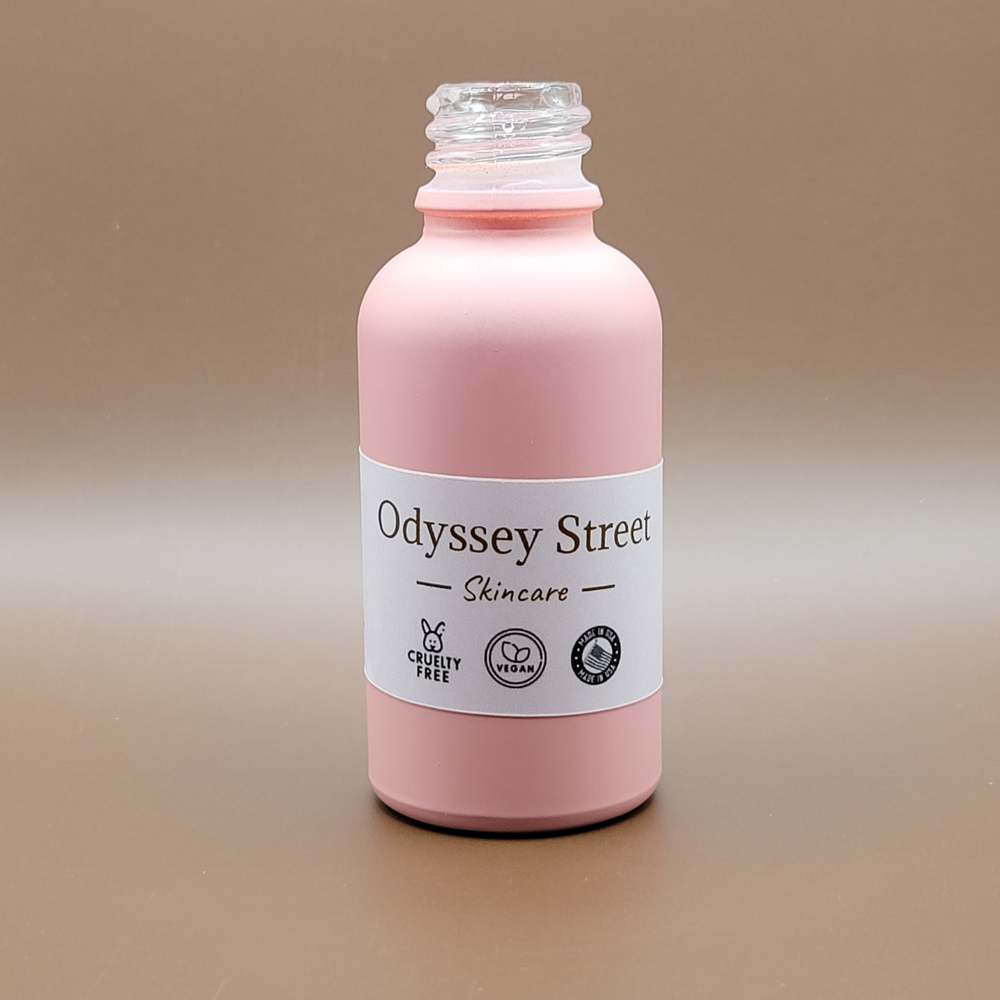
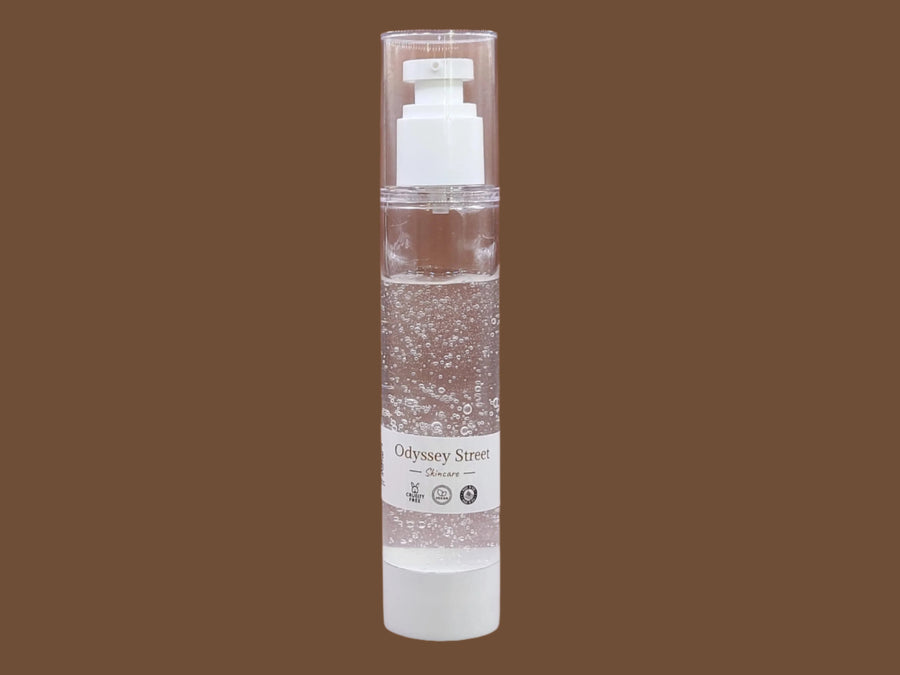
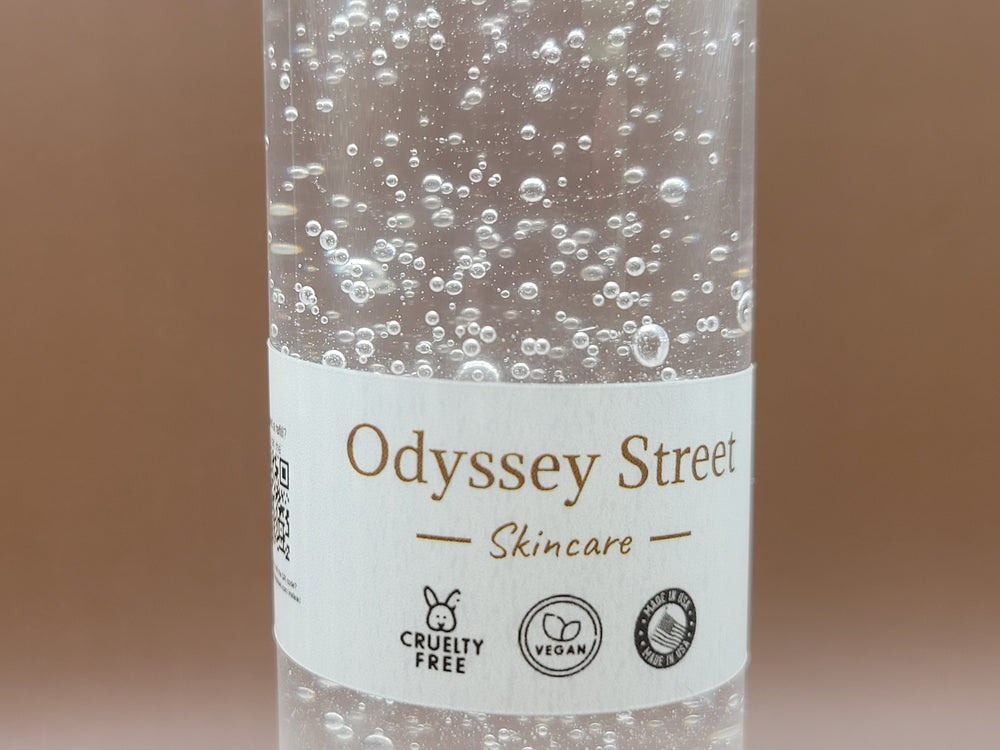

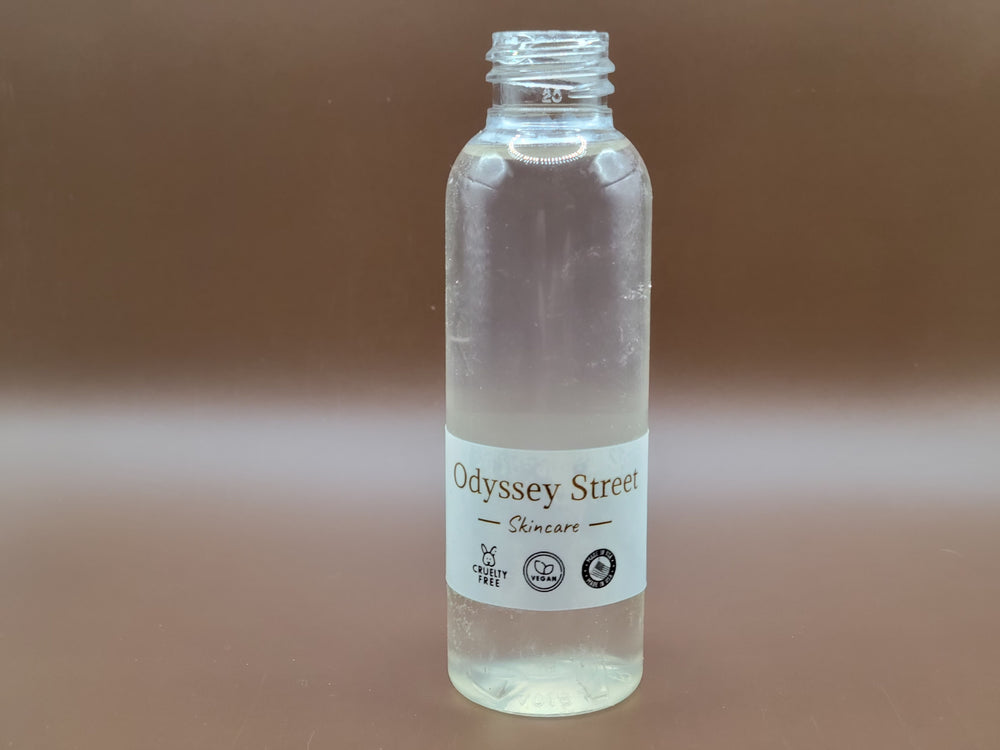
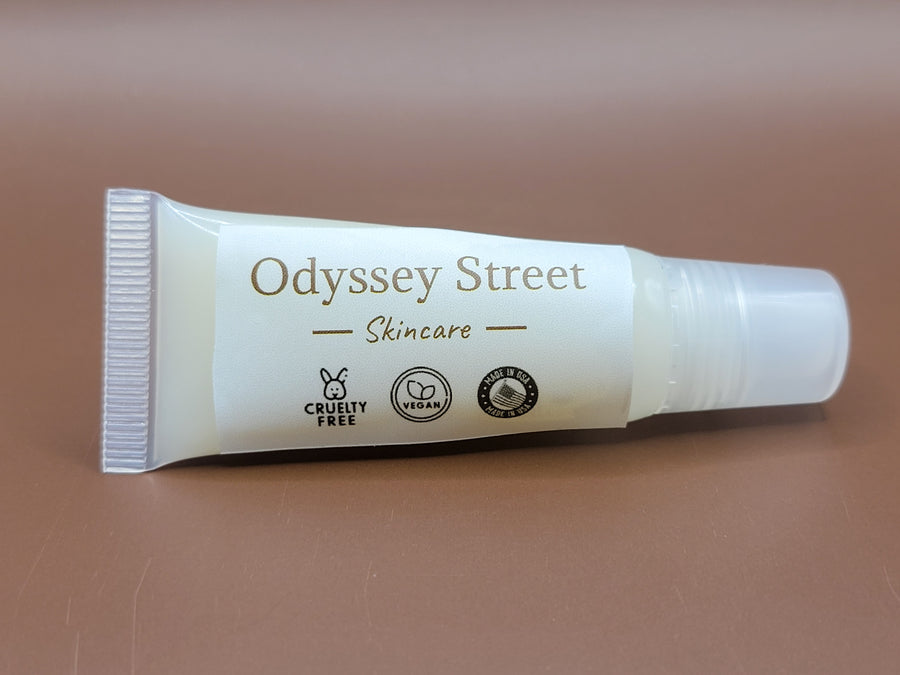
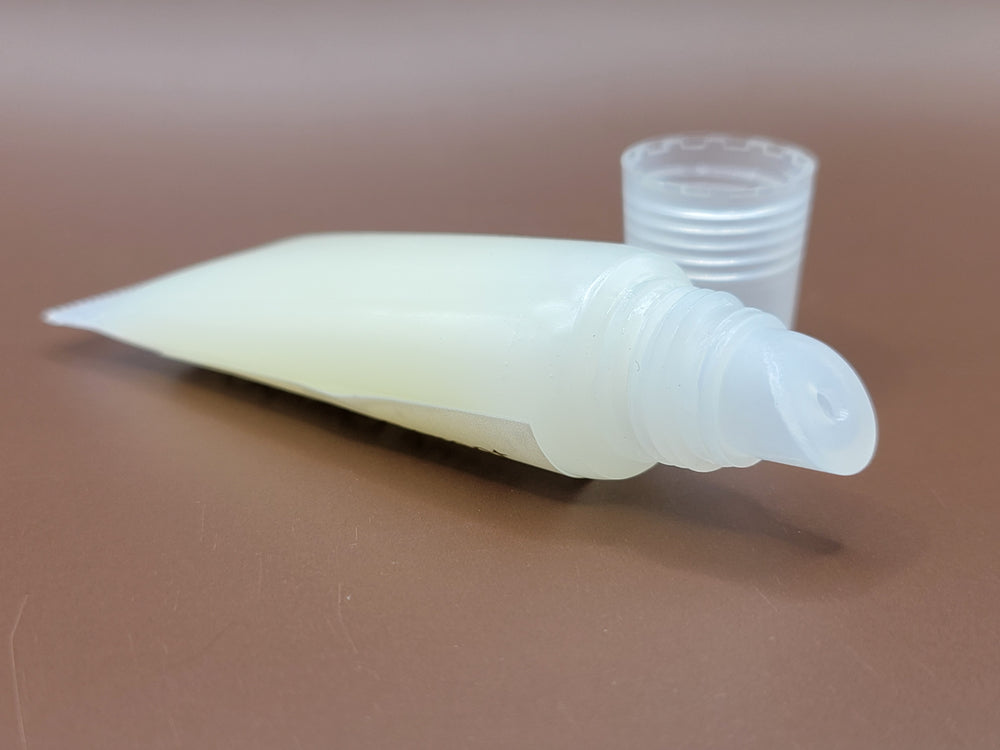
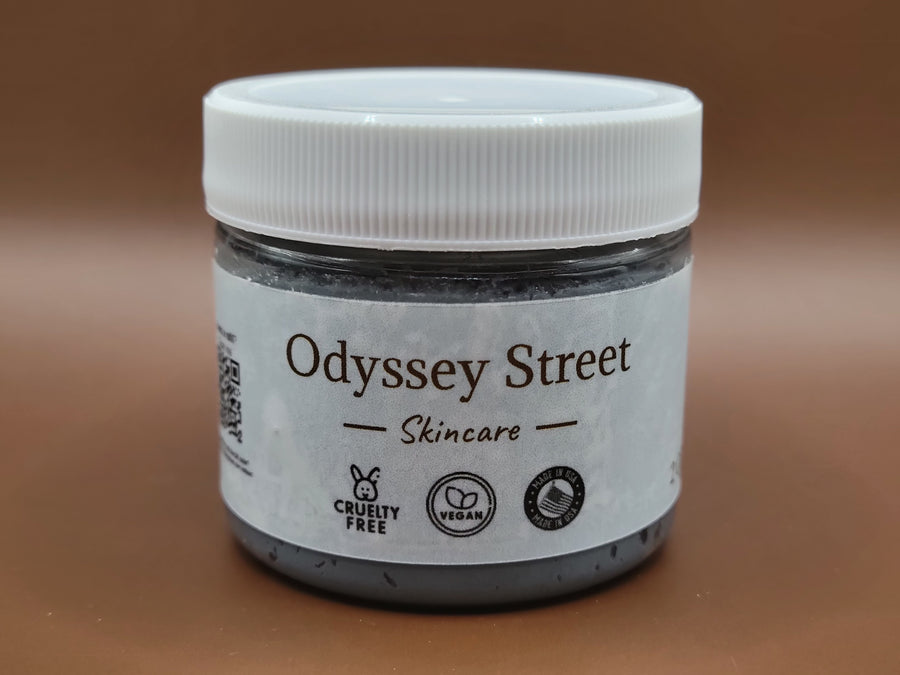
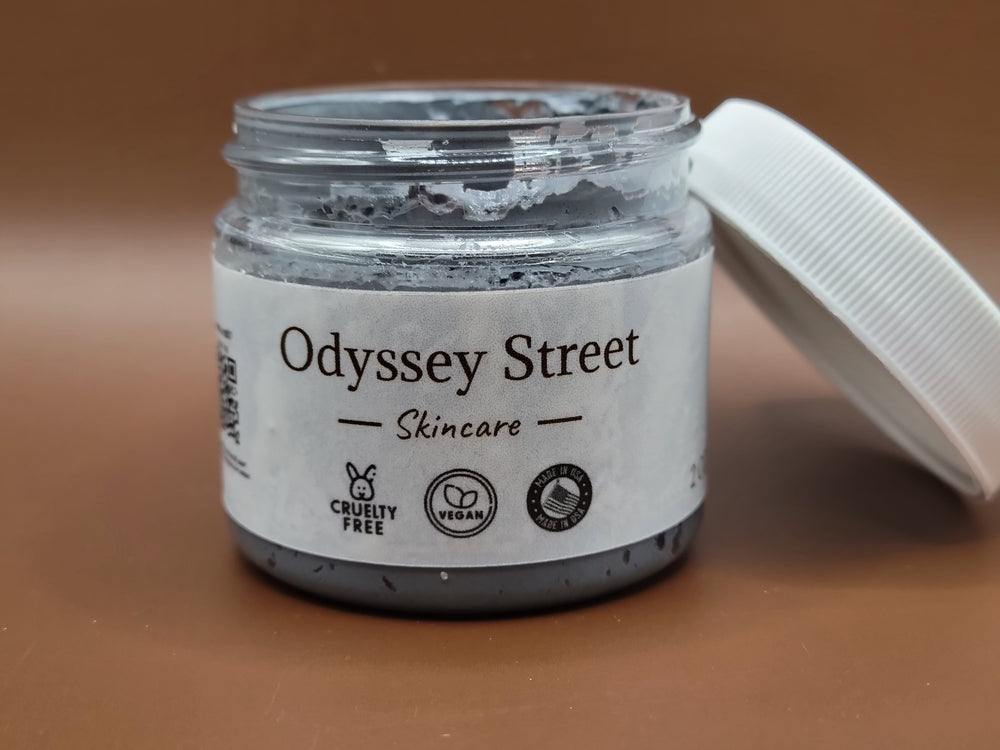
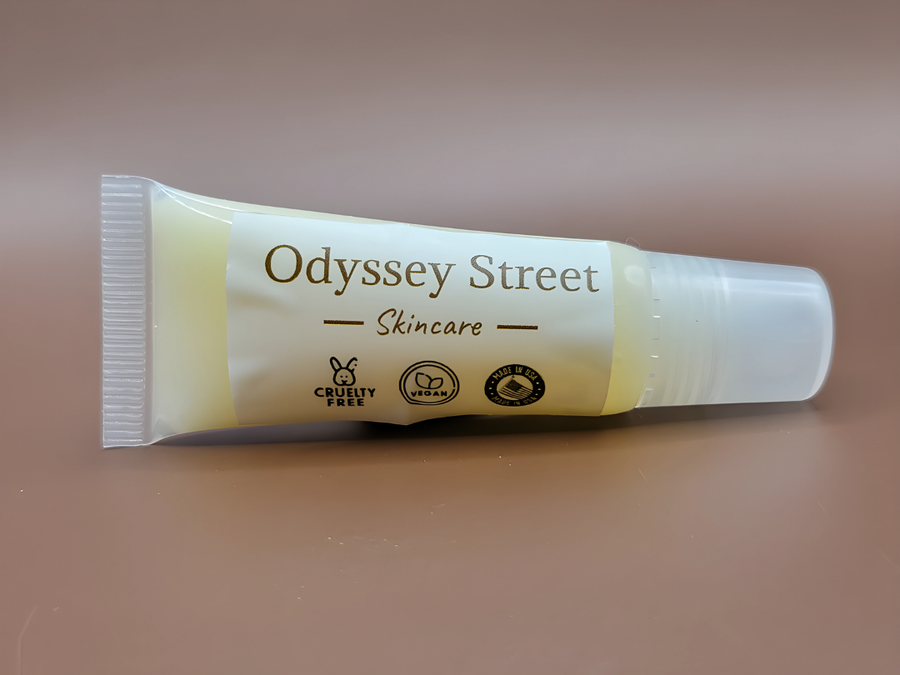
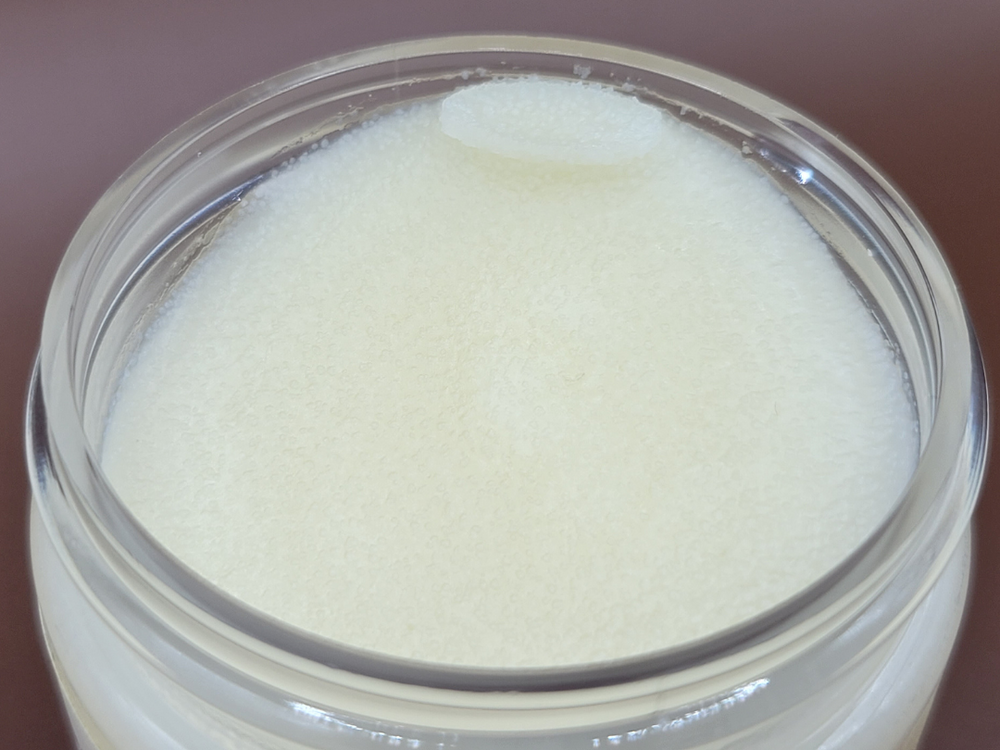
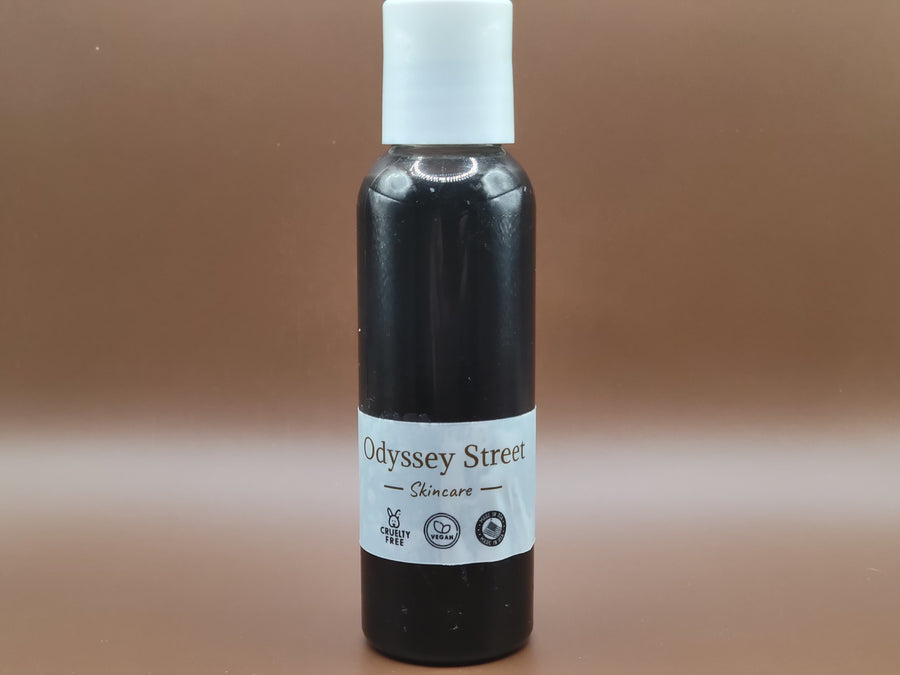
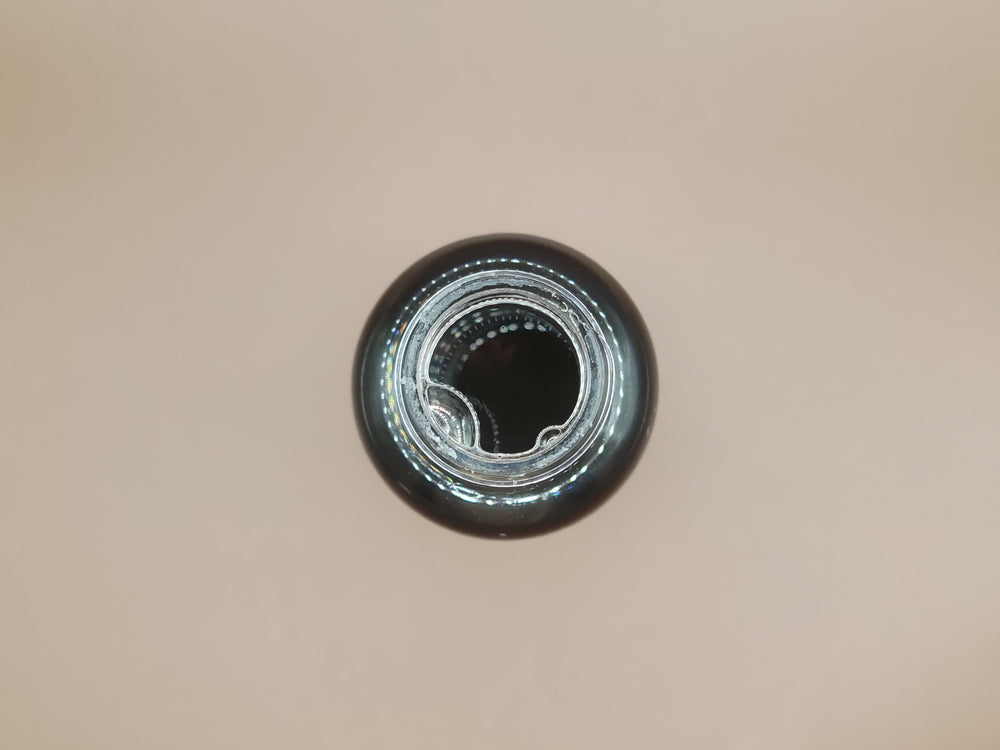
Leave a comment